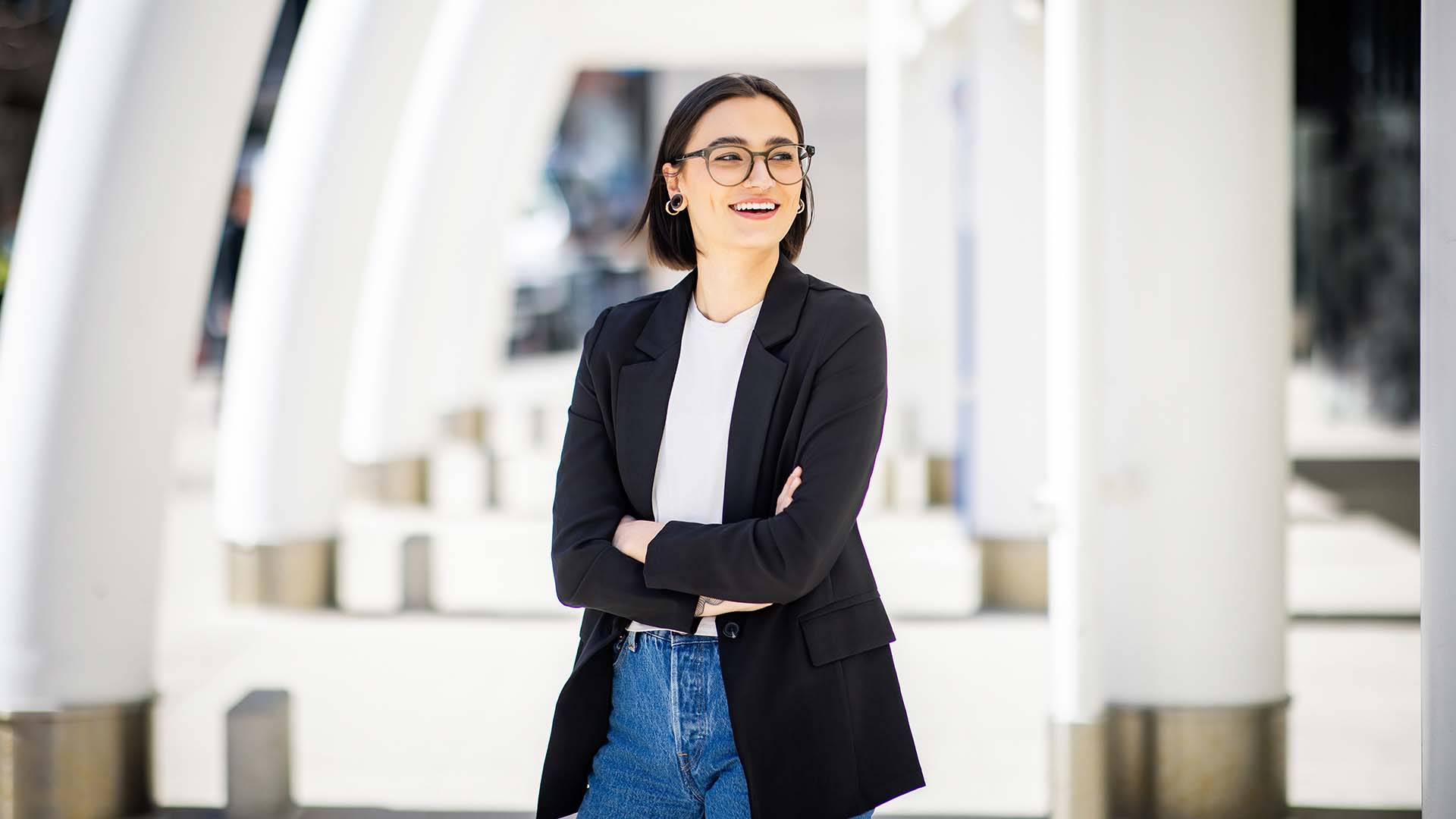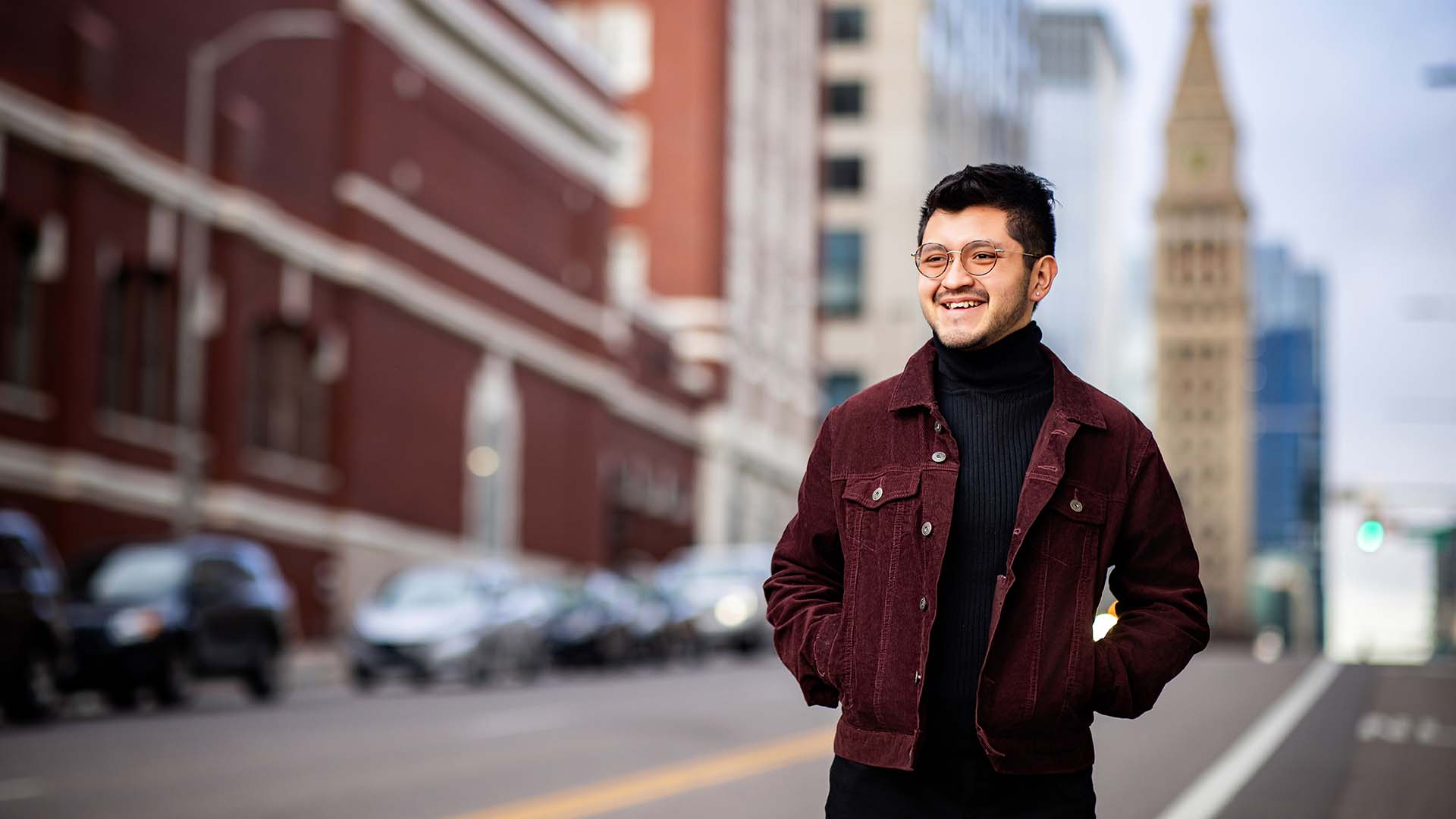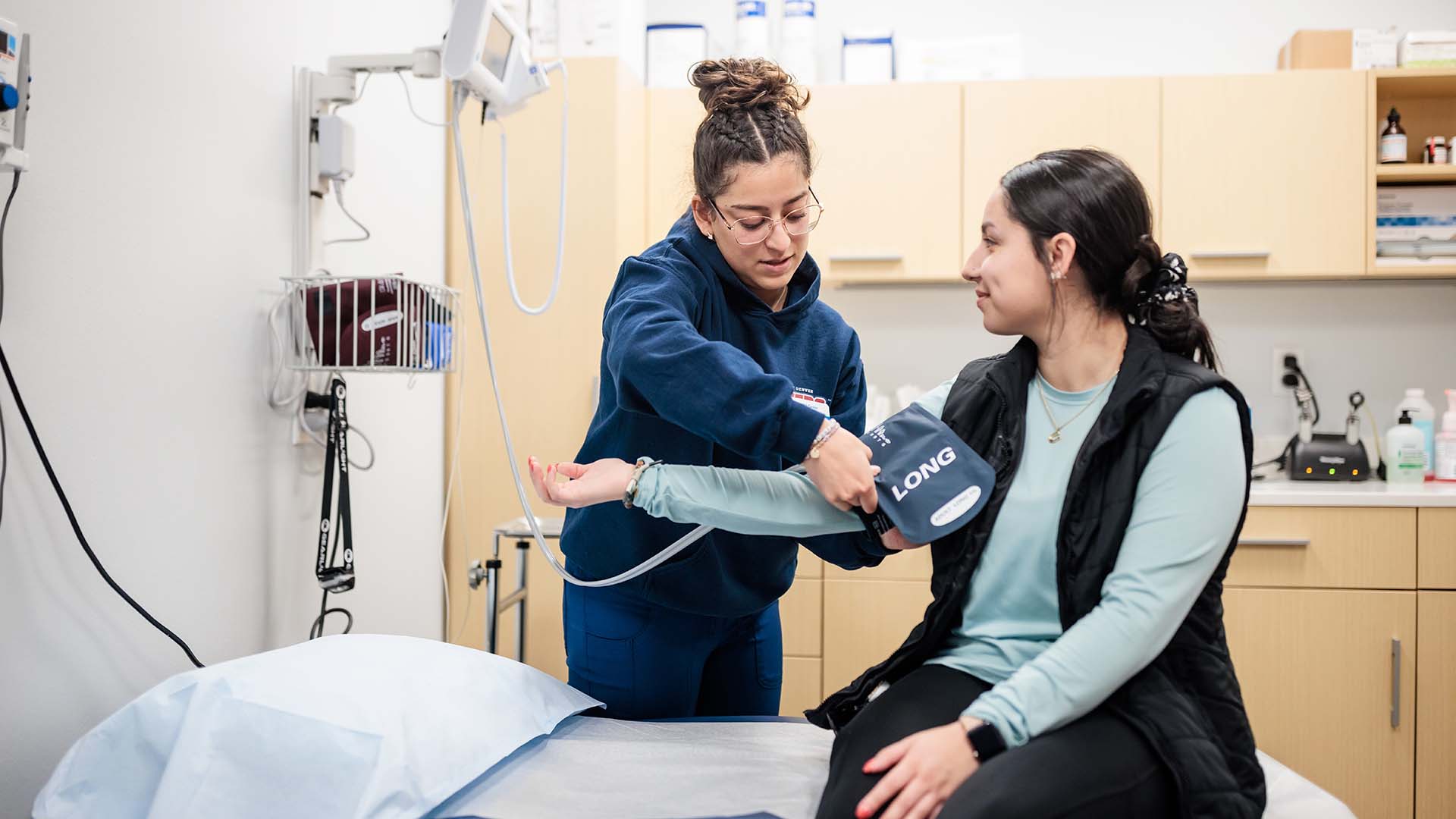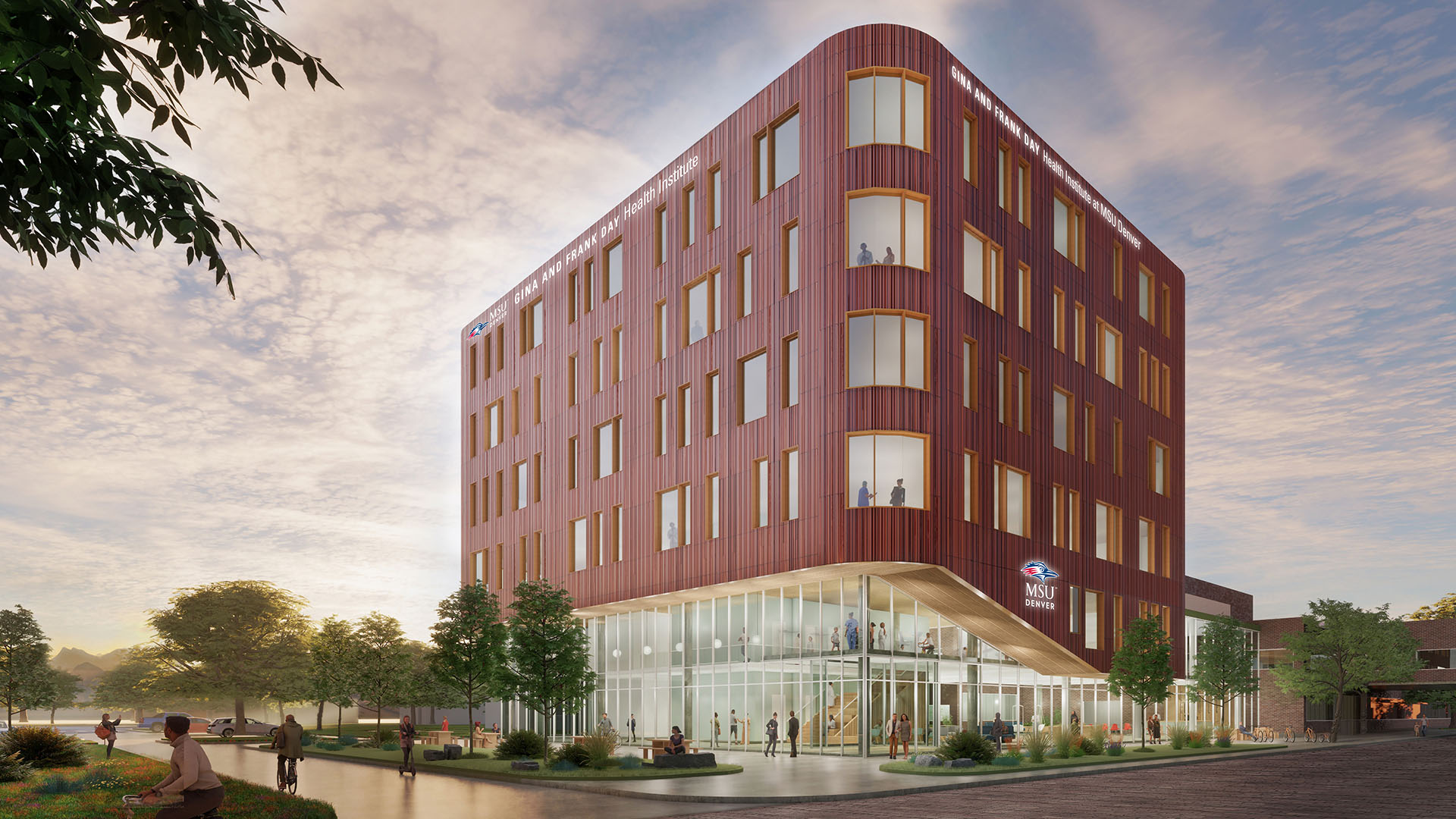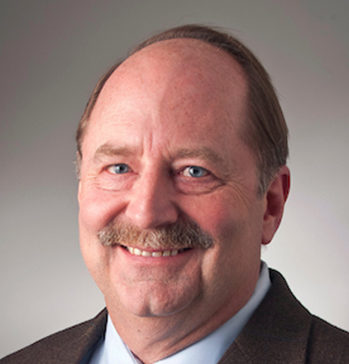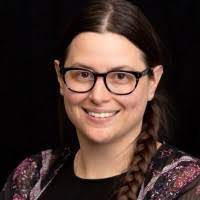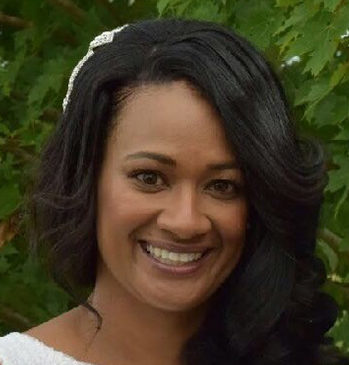Addiction recovery a year into Covid-19 pandemic
Mental-health experts and those battling substance-use disorders discuss the challenges and opportunities of a new era in recovery.
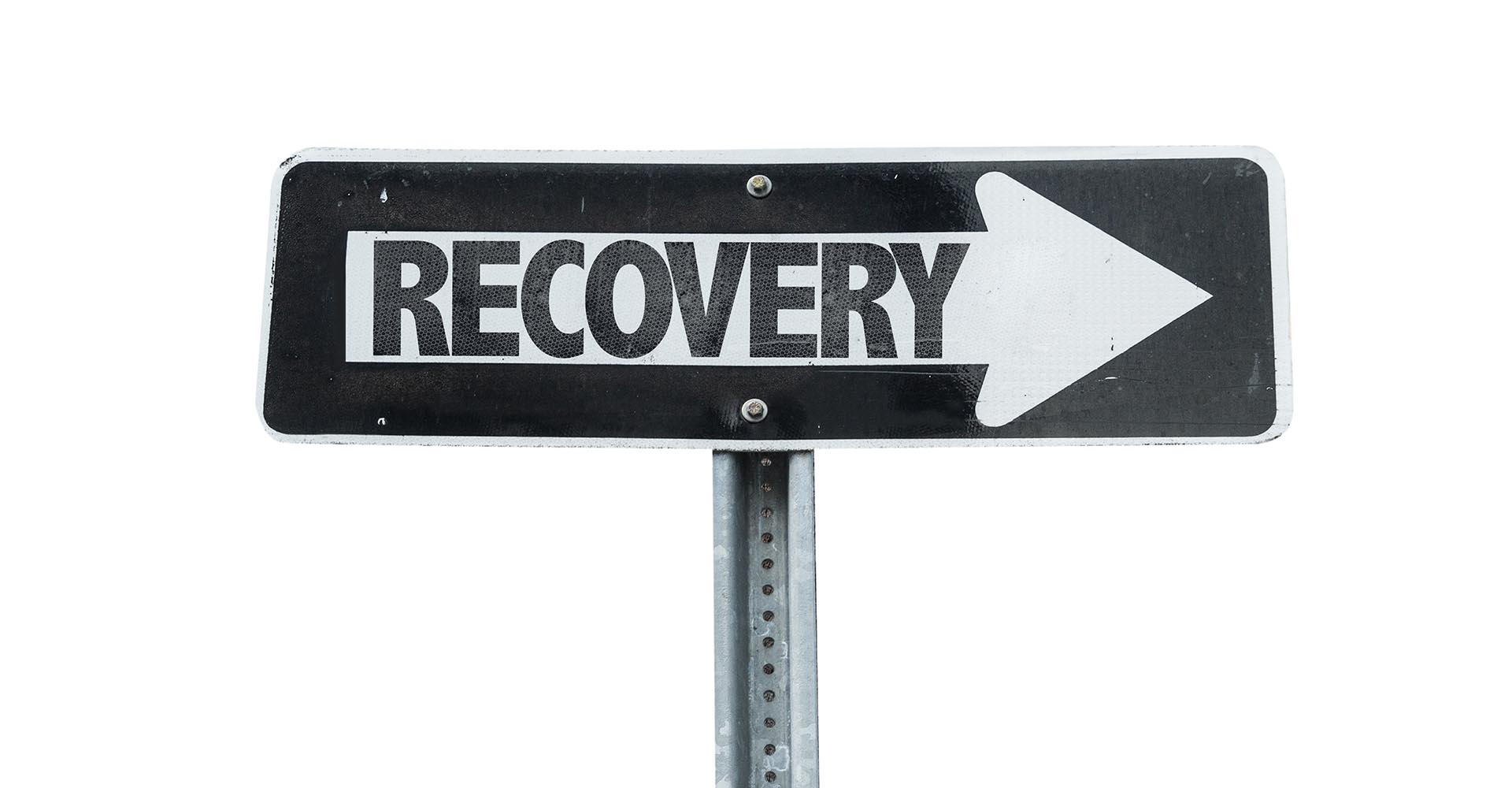
Vic Vela was struggling. Despite six years in recovery from drug addiction, 2020 had pushed him into “crisis mode.”
In the first days of the new year, the host of Colorado Public Radio’s recovery-focused podcast “Back From Broken” turned to a tool that had helped in the past: honest communication. He reached out to sponsors and friends and took to Twitter to share that he was trying to get through the day sober.
“Say a prayer for me,” Vela’s tweet concluded.
Several hundred comments later, and with support from his trusted personal network, Vela, an MSU Denver graduate and affiliate professor, was able to work through the challenge.
Not everyone has been so fortunate. Nearly a year on from the first statewide Covid-19 shutdowns, Coloradans with substance-use disorder continue to grapple with added stressors and disruptions to support systems. And online resources, while widely available, don’t always provide the same sense of personal and communal support, say experts in substance-use disorder.

“People are definitely struggling,” said Tricia Hudson-Matthew, Ed.D., who directs Metropolitan State University of Denver’s undergraduate Addiction Studies program. “There is more isolation and depression, some realistic and unrealistic worries. Even some people who have been sober for a long time have relapsed.”
Hudson-Matthew has seen significant growth in the number of inquiries for her private addiction-counseling practice. She has also witnessed changes in current client behavior, such as more canceled appointments.
Anna-Lisa Wick, a psychiatric mental-health nurse practitioner with the Health Center at Auraria, said many of her patients have needed a higher level of support.
“I’ve noticed a larger number of individuals whose substance use has increased to the point of needing more intensive outpatient or inpatient care with detox,” she said.
Adapting to online
Community addiction-support groups are a crucial resource for the estimated 22 million people nationwide in recovery from substance-use disorders.
Richard Miccio, a licensed clinical social worker with the Health Center at Auraria, said he has heard from community-based organizations and patients about the difficulties of conducting those groups virtually.
“The perception from patients is that online sessions are not as valuable,” he said.
New addiction counselors in the pipelineMSU Denver’s new Master of Science in Clinical Behavioral Health with an emphasis in addiction counseling launched this past fall. The program prepares students for dual licensure, as participants are eligible to apply to become a Licensed Addictions Counselor and a Licensed Professional Counselor through the State of Colorado. By addressing mental health and addictions issues in coursework and field experiences, students are prepared to serve the complex needs of people struggling with compounding stressors. |
|
People miss personal connection, even if it’s just sitting next to someone, Hudson-Matthew said. But she also noted that online therapy, whether in groups or one-on-one, can be effective.
“There are many benefits,” she said. “Therapy holds people accountable. Right now, there are so many reasons to relapse, and frankly, some people feel they should get a pass this year. They need someone to remind them that they can work through their situation.
Hudson-Matthew and Miccio acknowledged the challenges inherent in online therapy. Malfunctioning technology can scramble a session. It can also be difficult to read body language when only seeing a face. On the other hand, getting a view of an individual’s personal space can provide valuable information as a provider builds a more holistic picture of the client.”
Mental-health providers have worked hard to adapt to the new normal. In Hudson-Matthew’s private practice, she checks in with clients by text between sessions, a change that has worked to increase communication and provide accountability.
Hope amid struggle
While the numbers are bleak – overdose deaths in Colorado were up nearly 20% in 2020 – there are people who are surviving.
Linda Hilliker, a psychiatric clinical nurse specialist in the Health Center at Auraria, said some patients have benefited from extra downtime during the pandemic.
“One surprising thing I’ve noticed is that with more quiet time to reflect and process, some people have turned a corner, taken stock of their lives and made new decisions,” she said.
Hudson-Matthew said a big advantage of online support communities is access to meetings anywhere in the world. She has encouraged patients to log in to recovery meetings taking place in Hawaii.
“For people who haven’t traveled in a long time, it lets them ‘visit’ a new place and make connections,” she said. “It also normalizes addiction, demonstrating that people everywhere deal with similar issues.”
Hudson-Matthew added that more help is on the way. In MSU Denver’s Department of Human Services and Counseling, which launched a Master of Science in Clinical Behavioral Health this past fall, faculty members are already incorporating telehealth best practices into the curriculum.
Digital resources such as Vela’s “Back From Broken” are also helping those in recovery. While not intended to address the pandemic, the podcast launched last year as the virus struck the country. The show – produced by CPR’s Audio Innovations Studio – features Vela interviewing people about what it takes to recover from the greatest challenge of their lives. Season 2 launches Feb. 26
It wasn’t that long ago when I was overdosing on drugs. I was financially and spiritually bankrupt.
I was broken.
Now, I’m sober and grateful. And in #BackfromBroken, I share stories of hope and recovery.
Season two launches tomorrow. Subscribe here: https://t.co/VwnbS7pzlJ pic.twitter.com/C2pxpTi2qK
— Vic Vela (@VicVela1) February 26, 2021
Vela said he has been inspired by his listeners.
“I’ve gotten messages from people I have never met, who tell me personal and courageous things,” he said. “It reminds me that if we survive this, we can survive a lot.”
MSU Denver students struggling with substance use and addiction can get support through a variety of campus resources.
“We are here to support you. Even if there feels like a wall in reaching out, the first step is so important. Make that connection. When people do reach out, they are really pleased by care and support they get.” – Linda Hilliker, Health Center at Auraria

